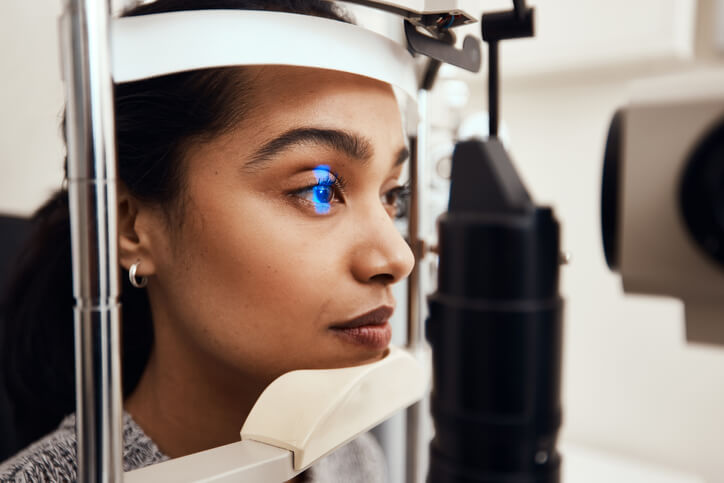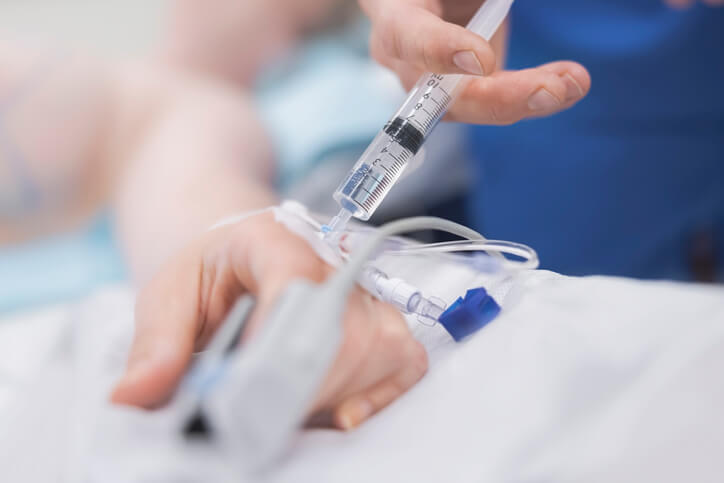Cochlear implants have helped thousands of people with disabilities regain their hearing, but these devices can cause severe harm when they break or malfunction. What’s more, the emotional distress of these injuries, coupled with the sudden loss of hearing after regaining it, can have devastating effects on patients’ emotional well-being.
Unfortunately for people whose cochlear implants have failed, proving the manufacturer or another party caused the failure is often challenging. In this blog, the Philadelphia product liability attorneys at Cooper, Schall & Levy outline the challenges of these cases and explain how our team can help you recover fair compensation for your losses. Read on to learn more.
How Can Cochlear Implants Fail?
A cochlear implant typically includes two primary components: An external sound processor is implanted under the skin on the head. The implant connects to the external processor through an array of electrodes in the ear, bypassing the parts of the ear that don’t function to directly transmit sound to the brain.
When cochlear implants work as designed, they can immeasurably improve a patient’s quality of life. However, like all electronic devices, cochlear implants can fail, causing intense harm when they do. Some common ways that cochlear implants can fail include:
- Surgical Errors: Incorrect placement or damage during surgery can cause device malfunctions, causing infections, vertigo, tinnitus, or even facial nerve damage.
- Device Malfunction: The internal or external components of the implant can fail, leading to a loss of hearing, sudden loud noises or shocks, and a return of deafness or severe hearing impairment.
- Faulty Design: Design flaws can result in the device not working as intended, potentially causing inconsistent sound quality, leading to difficulties in speech recognition and communication challenges.
- Manufacturing Defects: Defects in the manufacturing process can compromise the implant’s functionality, resulting in intermittent hearing, device failure, or the need for additional surgeries to replace or repair the implant.
- Failure to Warn: Inadequate instructions or warnings about the proper use and maintenance of the device can lead to misuse, resulting in decreased effectiveness, additional hearing loss, or injury.
- Battery Issues: Problems with the battery or power source can lead to sudden loss of hearing, which can be particularly dangerous in situations where hearing is crucial for safety.
Who’s Responsible When a Cochlear Implant Fails?
One significant challenge in a cochlear implant failure claim is identifying who caused the issue with the device. Depending on how the failure occurred, the potentially liable parties include:
- The implant’s manufacturer: The companies that designed and produced the cochlear implant may be responsible if the failure resulted from design flaws, manufacturing defects, or inadequate safety testing.
- Surgeons and Medical Professionals: If the failure is related to the surgical procedure or post-operative care, the healthcare professionals involved in the implantation and follow-up care may be liable.
- Retailers and Distributors: The companies responsible for selling or distributing the cochlear implant may be liable if they sold a defective product or failed to provide adequate warnings or instructions.
- Designers and Engineers: If the failure is linked to the initial design or engineering of the implant, the professionals involved in these processes could be responsible.
- Regulatory Agencies: In rare cases, regulatory bodies that approved the cochlear implant for use might be scrutinized if they did not adequately assess the device’s safety or effectiveness.
Evidence to Prove Liability in a Cochlear Implant Failure Claim
Proving a device manufacturer, doctor, or another party caused a cochlear implant to fail requires thorough evidence. An experienced product liability attorney can gather evidence to support your claim, which may include:
- Medical Records
- Expert Testimony
- Implant Device Records, including Technical Specifications
- Photographic and Video Evidence
- FDA Reports and Recalls
- The Device’s User Manual and Product Warnings
- Testimonials from Other Users
Have You Sustained Injuries from a Cochlear Implant Failure? Call Our Philadelphia Injury Attorneys Today
If your cochlear implant failed and injured you, you have the right to be compensated for your injuries. The Philadelphia product liability lawyers at Cooper, Schall & Levy can find all available evidence to prove your case and represent you in your fight for justice. Call us today or complete our contact form for a free consultation.









